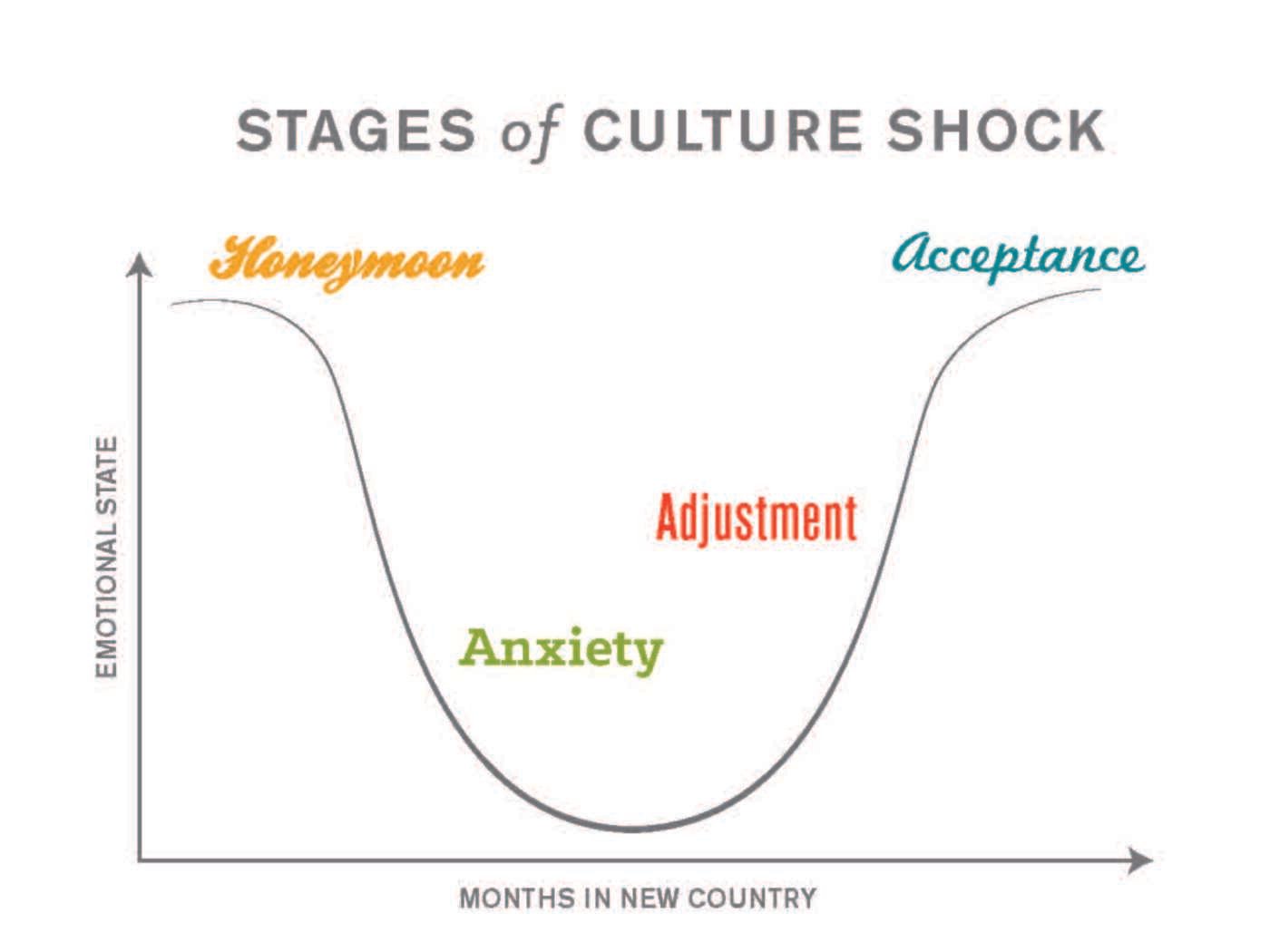Introduction
Businesses are growing globally and thus giving various opportunities to organisations and individuals to grow career-wise. With these global business expansions, an individual gets an opportunity to work abroad or the ongoing projects of the company on foreign land allows these representatives to work with natives. Every culture has its customs and tradition and they are also reflected in our work culture. Various cases reflect that it becomes very difficult for a Chines immigrant to work in American culture or vice versa. The articles listed below focus on various culture shock experienced by these representatives.


